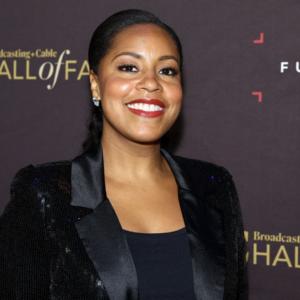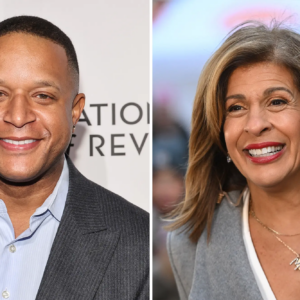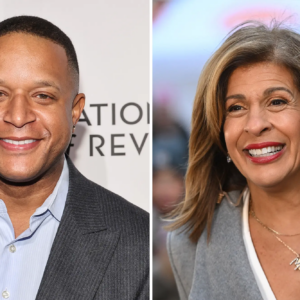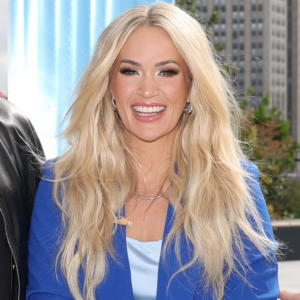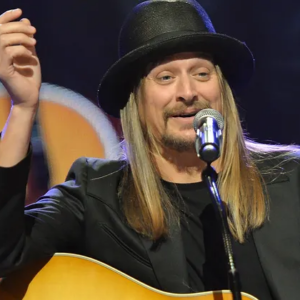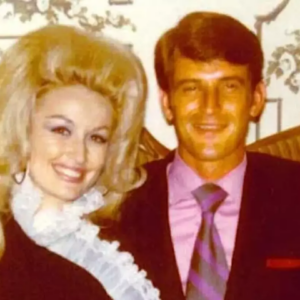In a recent interview, Johnny Depp made headlines when he likened his highly publicized defamation trial against Amber Heard to “a soap opera.”
This characterization not only reflects the sensational nature of the proceedings but also underscores the intense media scrutiny that surrounded the legal battle, which captivated audiences around the world.
Depp’s comments invite a deeper examination of the events leading up to the trial, the dramatic courtroom scenes, and the broader implications of such a high-profile case in contemporary culture.

The trial, which unfolded over several weeks, involved Depp suing Heard for defamation over an op-ed she wrote in 2018, in which she described herself as a “public figure representing domestic abuse.”
Although she did not mention Depp by name, he argued that the article had a damaging impact on his career and reputation.
This legal conflict quickly escalated into a media spectacle, with each side presenting evidence, witnesses, and dramatic testimonies that played out in real time for a captivated audience.
Depp’s comparison to a soap opera is particularly poignant given the theatricality of the courtroom proceedings.
The trial featured moments that seemed almost scripted, from emotional testimonies to unexpected outbursts. Witnesses provided accounts that were not only compelling but, at times, sensational.
The public was drawn in by the dramatic twists and turns of the case, echoing the narratives often found in daytime television dramas. As the trial progressed, the atmosphere became charged, with supporters and detractors of both Depp and Heard outside the courthouse, further enhancing the spectacle.

The media coverage surrounding the trial amplified this soap opera-like quality. News outlets and social media platforms buzzed with updates, analysis, and commentary, creating a relentless cycle of information. Fans and critics alike dissected each piece of testimony, scrutinizing body language, emotional reactions, and even fashion choices made by the parties involved. This level of public engagement transformed a legal dispute into a cultural phenomenon, with hashtags trending and countless memes circulating online. The narrative became more than just a trial; it evolved into a national conversation about domestic violence, celebrity culture, and the complexities of relationships.
By calling the trial a soap opera, Depp highlights not only the sensational aspects of the proceedings but also the disheartening reality that such serious issues can become entertainment fodder. The serious allegations of abuse and the underlying themes of power dynamics, manipulation, and betrayal were often overshadowed by the more theatrical elements of the trial. This brings to light the societal tendency to consume dramatic narratives as entertainment, sometimes at the expense of genuine understanding of the issues being discussed.
The soap opera analogy also raises questions about the impact of celebrity culture on the legal system. When high-profile figures like Depp and Heard become embroiled in legal battles, the focus can shift from the substantive issues at hand to the spectacle of the personalities involved. This dynamic can dilute the serious discussions surrounding topics like domestic abuse, making it difficult to separate the individual cases from the broader societal implications.
Furthermore, the trial served as a reminder of the complexities of public perception. Both Depp and Heard had their careers and personal lives scrutinized under a microscope. While Depp’s fans rallied in support of him, many others took sides against him, contributing to a divisive public discourse. The fervent opinions expressed on social media often reduced the nuanced realities of their relationship to black-and-white narratives. This polarization reflects the challenges faced by individuals in the public eye, where personal stories become fodder for broader cultural debates.
As the trial concluded, the ramifications extended beyond the courtroom. The outcome not only affected Depp and Heard but also influenced public discussions about domestic violence and the portrayal of such issues in the media. Depp’s comments about the trial being like a soap opera may serve as a critique of how society processes and reacts to personal tragedies through the lens of entertainment. It highlights a need for more thoughtful discourse on sensitive topics, particularly in a landscape where attention spans are short and sensationalism reigns.
In reflecting on the trial, it becomes clear that the intersection of celebrity culture and legal battles creates a unique environment where serious issues can be trivialized. While Depp’s remarks about the soap opera nature of the proceedings may resonate with many, they also serve as a call to action for a more nuanced understanding of the implications of such public trials.
In conclusion, Johnny Depp’s comparison of his defamation trial with Amber Heard to a soap opera encapsulates the sensationalism, drama, and media frenzy that surrounded the case. This characterization invites a broader reflection on the nature of celebrity culture, the public’s consumption of personal tragedies, and the serious issues at stake. As discussions around domestic violence and personal relationships continue, it is essential to navigate these narratives with sensitivity and a commitment to understanding the complexities involved, rather than reducing them to mere entertainment. Ultimately, the trial was not just a legal battle; it was a moment that challenged us to think critically about how we engage with and interpret the stories of those in the public eye.
Follow us to see more useful information, as well as to give us more motivation to update more useful information for you.
